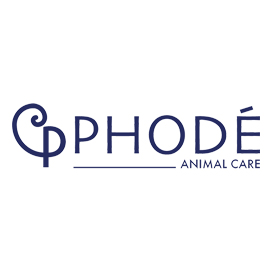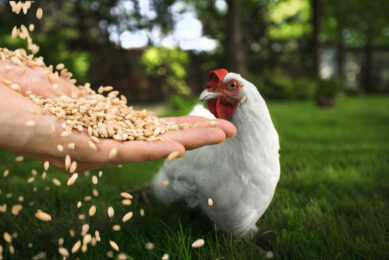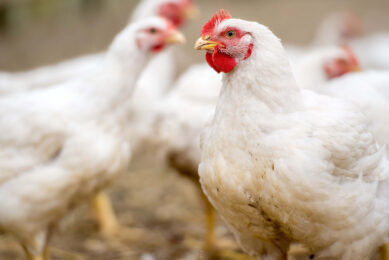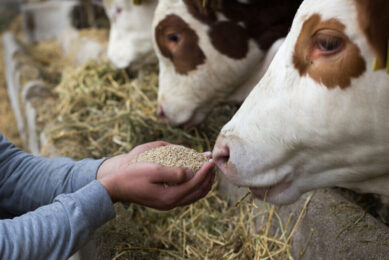Using plant extracts to combat heat stress in dairy cows
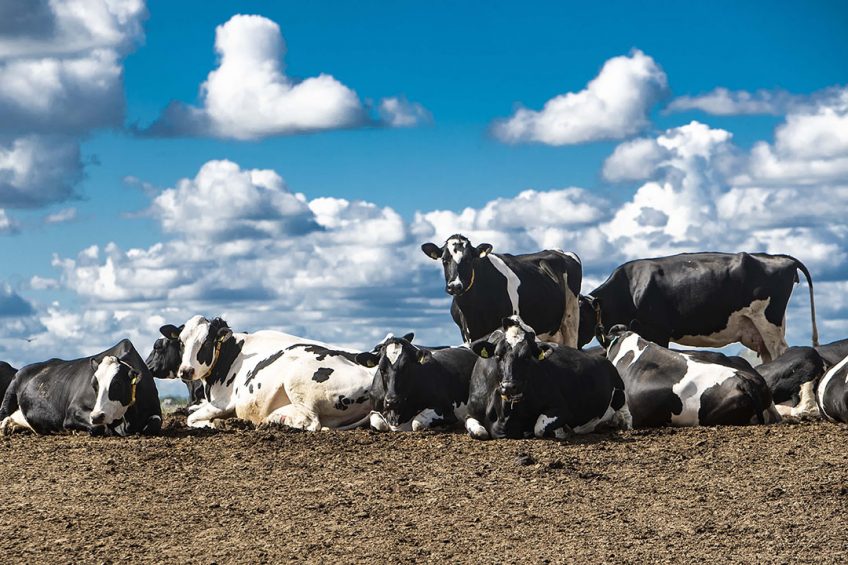
The thermal comfort zone of dairy cows shows that they are highly susceptible to heat stress. To restore some degrees of comfort to the animals, plant extracts can be used as part of their ration. In the context of combating subacute ruminal acidosis and reducing the detrimental effects of heat stress, a neurosensory additive has been tested as a promising preventive tool.
Today, the majority of animal nutrition operators have used plant extracts at least once in compound feeds, premixes or dietary supplements for livestock. Research into plant extracts helps to unlock their secrets as to their mode of action and their benefits.
New expectations, new approaches
In response to consumer demand, the issue of animal welfare is now being addressed by many operators. Animal welfare assessment methods have been established and make it possible to carry out audits of livestock farms, in order to take stock of the situation and measure the scope for progress. These methods are based on observations of animals looking at their state of comfort or stress.
Another important consideration for consumers and public authorities is the environment. Ruminant farming is held partly responsible for global warming, which in turn has a negative impact on this activity. Periods of extreme heat are becoming longer and more frequent, even in latitudes where they were previously unknown. Meanwhile, the thermoregulatory mechanisms of livestock are increasingly being studied, as are the consequences of heat stress on production and product quality. As a result, livestock farming techniques, buildings and animal management are evolving. In addition, efforts are being made to improve animal comfort and therefore reduce production losses due to high temperatures.
Naturally promoting saliva production
Ruminants have 2 types of salivary glands. Type I glands continuously produce saliva with a hydrating role in the digestive tract, while type II glands secrete saliva that is particularly rich in endogenous buffers during ingestion and rumination. A meta-analysis of 48 scientific papers* highlights the positive correlation between the increase in salivary flow (L/kg MSI) and that of ruminal pH. However, ingestion and rumination times are reduced for thermoregulatory purposes during heat stress, thereby limiting the ruminant’s ability to manage its ruminal pH by lowering the flow of buffer substances. Phodé, a producer of functional neurosensory additives for livestock, has developed a specific blend of plant extracts that stimulate the production of saliva by type II glands. This innovative solution improves the quantity of endogenous buffer substances.
More saliva, shorter periods of time with a low pH
A few grams are sufficient to observe a response in dairy cows. Scientific studies have shown a 27% increase in daily saliva flow in the presence of the plant extract (PE) mixture (Table 1).
Monitoring the ruminal pH of cows receiving the PE additive showed a 12% reduction in the time the pH was below 6 over 24 hours (Table 2).
Behaviour is a criterion for assessing animal welfare and in a recent trial, monitoring revealed that dairy cows receiving the plant extract mixture ruminated more and were less agitated.
Neurosensory additives to improve the comfort of dairy cows
Stimulation of the main natural pH regulation pathway with neurosensory additives improves the quantity and quality of saliva. This helps to prevent clinical sub-acidosis, which is prevalent at up to 30% in some high-performance dairy farms, and contributes to reducing the negative consequences of heat stress. A few grams of selected and galenised plant extracts improve the comfort of dairy cows as well as their performance.
References available on request


